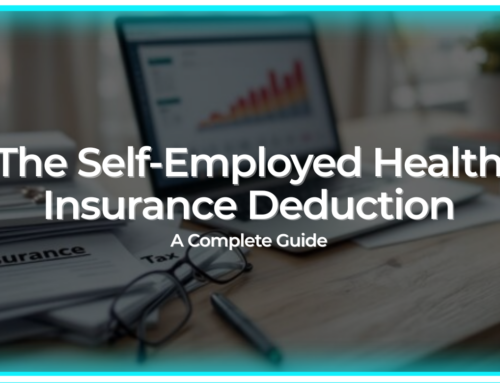Hi, I’m Bette Hochberger, CPA, CGMA. Welcome to a realm of untapped potential in real estate investing – Opportunity Zones. In this blog, we’ll explore the ins and outs of Opportunity Zones and how savvy investors can leverage them for tax advantages in their real estate ventures.So, let’s jump in!
Opportunity Zones Explained
Opportunity Zones, created under the Tax Cuts and Jobs Act of 2017, are designated economically distressed communities where new investments can enjoy special tax benefits. The aim is to stimulate economic development and job creation in these areas.
Tax Advantages
- Deferred Capital Gains: One of the key benefits is the ability to defer capital gains tax by reinvesting the gains into a Qualified Opportunity Fund (QOF) within 180 days.
- Step-Up in Basis: If the investment is held for at least five years, the capital gains tax owed is reduced by 10%. If held for seven years, the reduction increases to 15%.
- Tax-Free Appreciation: Perhaps the most enticing advantage is the potential for tax-free appreciation on the new investment if held for at least ten years. Any appreciation in the QOF investment during this period is tax-exempt.
Choosing the Right Zone
Conduct thorough research to identify Opportunity Zones aligned with your investment goals. Consider factors like potential for growth, ongoing developments, and the economic outlook of the community.
Qualified Opportunity Funds (QOFs)
To enjoy the tax benefits, investors must channel their capital gains into a QOF. These funds invest in Opportunity Zone businesses or properties, offering a diversified approach to gain tax advantages.
Due Diligence in Real Estate Investments
While Opportunity Zones present an attractive proposition, due diligence remains crucial. Evaluate the specifics of each project within the zone to ensure it aligns with your risk tolerance, investment strategy, and long-term goals.
Risks and Challenges
Despite the tax advantages, it’s essential to acknowledge potential risks and challenges associated with Opportunity Zone investments. Market fluctuations, regulatory changes, and project-specific risks should be thoroughly assessed.
Understanding Opportunity Zones opens doors to a unique avenue for real estate investors seeking tax advantages. By strategically navigating the regulations and leveraging the tax benefits offered, investors can contribute to community development while optimizing their financial returns.
I hope you learned something new today. As always, stay safe, and I will see you next time.







